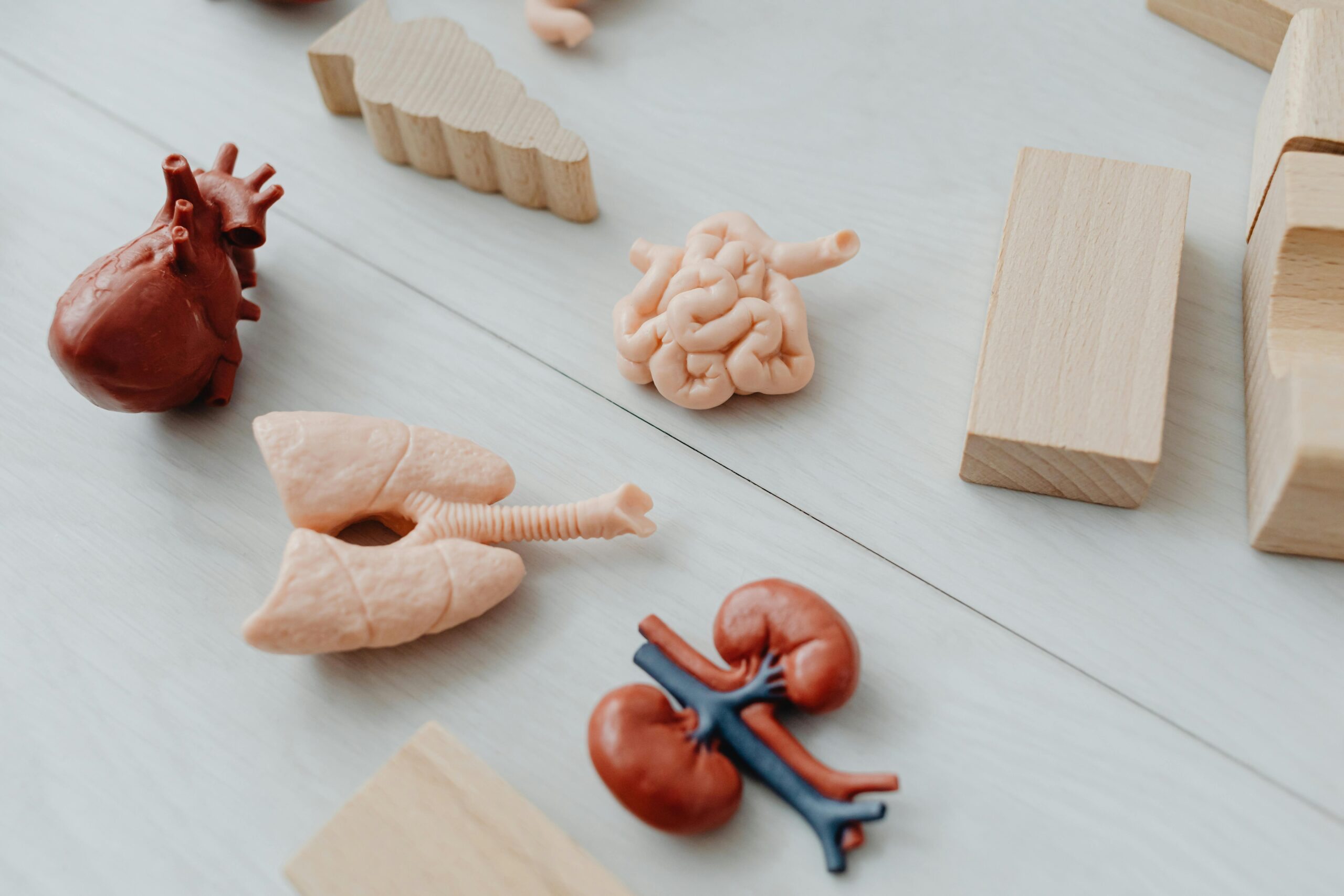The functioning of vital organs depends on what you eat and drink. Include these power-packed superfoods into your daily diet to shield them from potential damage.
A sedentary lifestyle, poor eating habits, and stress can cause numerous health ailments. Among these, chronic kidney diseases (CKD) are one of the most concerning. Their prevalence cannot be ignored, as diabetes and hypertension account for 40-60 percent of CKD cases in India. Nonetheless, with the right dietary choices, you can improve the functioning of your kidneys.
EAT WELL, LIVE WELL: The key step to preventing kidney disease is changing one’s diet. “Start by adopting a diet that includes fresh fruits with low potassium content, such as apples, berries, grapes and cherries. Incorporate antioxidant and fiber-rich vegetables like cauliflower, cabbage, and moderate amounts of spinach. Include complex carbohydrates through whole grains like brown rice, oats, quinoa. Opt for plant-based proteins like tofu and heart-friendly fats from olives, flaxseed oil, and avocados (in moderation). It’s vital to regulate blood sugar levels. All these foods have essential nutrients that ultimately boost kidney health.”
Lastly, staying adequately hydrated is crucial, as it aids in blood filtration and prevents the formation of kidney stones. “I was told to completely exclude tomatoes and leafy vegetables like spinach from my diet and drastically reduce my salt intake. The switch has been difficult because not only do I have to cut back on sugar but also salt, which makes the food rather tasteless. The silver lining, through, is that my recent medical tests show a vast improvement in my overall health.”
TINY CHANGES BIG IMPACT:
While changing your diet may seem tough initially, certain tricks can ease the shift. “Small changes can have significant results. For instance, season your food with a variety of spices rather than relying solely on alt. Consume foods with minimal or no added sugar to reduce empty calories and skip the extra gravy, butter, and added fats. Moreover, gradually transition from whole milk, white rice, and refined wheat flour bread to low-fat or skim milk, brown rice, and whole-wheat leaves. Prioritize snacks that take longer to eat, like low-fat popcorn or a whole fruit instead of juice.”
Checking food labels and consuming items that are low in saturated fats, trans fats, cholesterol, sodium, and added sugars. Health experts advise consuming less than 2,300 milligrams of sodium (about 1 1/4 teaspoons of salt) per day, with less than 10 percent of one’s daily calories coming from added sugars.
“While kidney-supporting foods like cranberries, garlic, and red bell peppers enhance kidney health, regular detox practices such as drinking lemon water or cucumber-infused water help flush out toxins from the body naturally. Also, practice portion control — limit your intake of supplements, alcohol, and over-the-counter-medications like painkillers, and quit smoking to avoid unnecessary kidney stress. By adopting these dietary guidelines and lifestyle adjustments, you can maintain optimal kidney health.”
FOODS TO AVOID:
- Bananas, oranges, potatoes, and tomatoes must be eaten with caution, especially if your potassium levels are high.
- High-sodium foods, like processed items, canned soups, chips, and fast food can cause water retention and high blood pressure, straining the kidneys.
- Resist sugarya nd processed foods such as sodas and desserts to prevent diabetes, which is a major contributor to its damage.
- Phosphorus-rich foods like dairy products, packaged foods, and soft drinks must be limited, as they can weaken bones and harm the kidneys.
- Protein, particularly red meat, in large doses can overburden the kidneys and accelerate damage.





